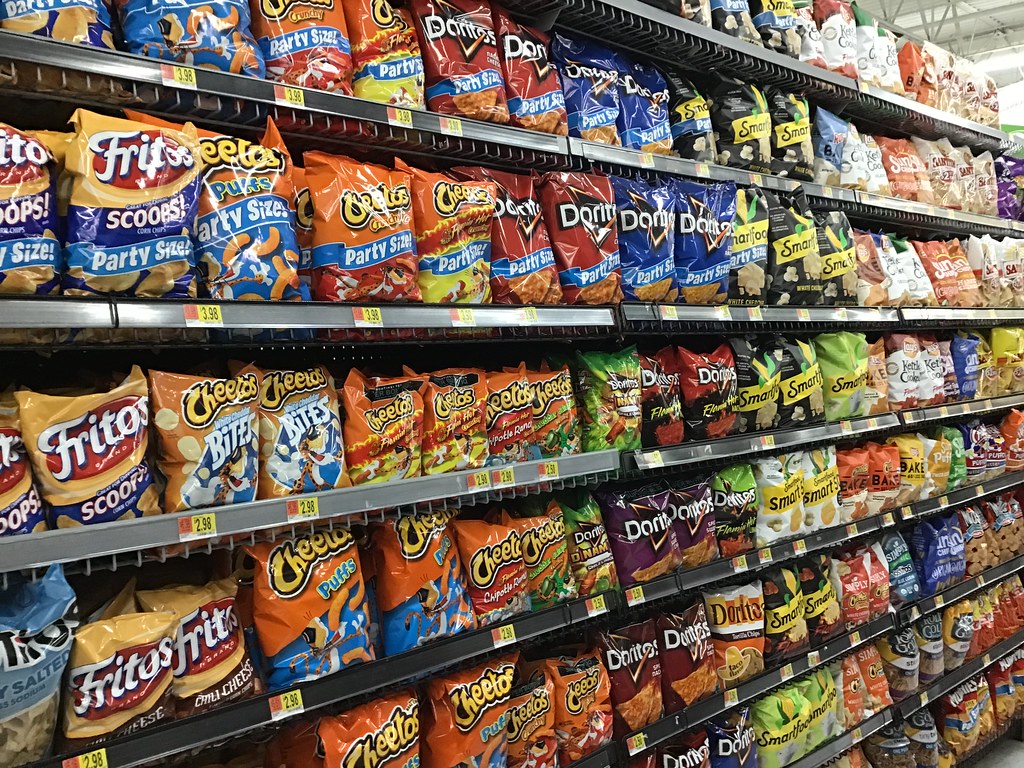A new study suggests that consuming too much ultra-processed food — including chips, hot dogs, ice cream and soda — can have consequences beyond obesity and high cholesterol. Since highly processed foods have become more prevalent in recent decades, researchers are still working to understand the full impact of these dietary shifts.
The study, published Monday in the American Journal of Preventive Medicine, examined how the intake of ultra-processed foods was associated with premature, preventable death. Researchers found that the consumption of such foods may be the attributable cause of death in a significant percentage of deaths in the Brazilian population.
The study’s authors hoped their findings established the importance of reducing the intake of such foods to minimize health risks. But what are ultra-processed foods and why are they linked to premature death?
Related: Misleading Food Labeling a Cause for Concern Among Consumers and Food Manufacturers
What are Ultra-Processed Foods?
Many foods go through a certain amount of processing so that they don’t spoil. However, ultra-processed foods contain more artificial ingredients than those that just have added salt, sugar or oil. They usually have very few whole ingredients and contain flavorings, colorings or other additives. Energy bars and energy drinks, instant soups, ready-to-heat products like chicken nuggets and sweet or savory packaged snacks like cookies typically fall within this category.
Dr. Eduardo Nilson, a nutrition researcher at the University of São Paulo and the study’s lead author, told NBC News that, “the ultra-processed foods that contribute the most to daily calorie intake are mass-produced breads, cakes and pies; margarine; salted crackers; cookies; meat products like ham, hot dogs and hamburgers; pizza; and sugar-sweetened beverages.”
The full health implications of highly processed food consumption are still being studied, but some research indicates that eating processed foods decreases diet quality and increases the risk for health problems like high blood pressure, obesity and heart disease.
Linking Ultra-Processed Foods to Premature Death
The new study specifically looked at the number of deaths in the Brazilian population and their relationship to the intake of ultra-processed foods. First, researchers looked at national food consumption in Brazil from 2017 to 2018. Then they looked at this information considering data on demographics and mortality from 2019.
Depending on age demographics, Brazilians were getting between 13 and 21 percent of their total energy intake from ultra-processed foods. Researchers looked at the 541,160 people between the ages of 30 and 69 that died in 2019. Their analysis showed that consuming ultra-processed foods was responsible for 10.5 percent of all premature deaths in this age demographic.
The researchers further noted that ultra-processed food intake was responsible for 21.8 percent of all preventable deaths from non-communicable diseases. Based on their findings, researchers estimated that cutting down energy intake from ultra-processed foods by ten to 50 percent of current amounts could greatly help reduce these mortality rates.
“To our knowledge, no study to date has estimated the potential impact of ultra-processed foods on premature deaths,” Dr. Nilson and co-authors wrote in the study. “Knowing the deaths attributable to the consumption of these foods and modeling how changes in dietary patterns can support more effective food policies might prevent disease and premature deaths.”












Join or login to leave a comment
JOIN LOGIN